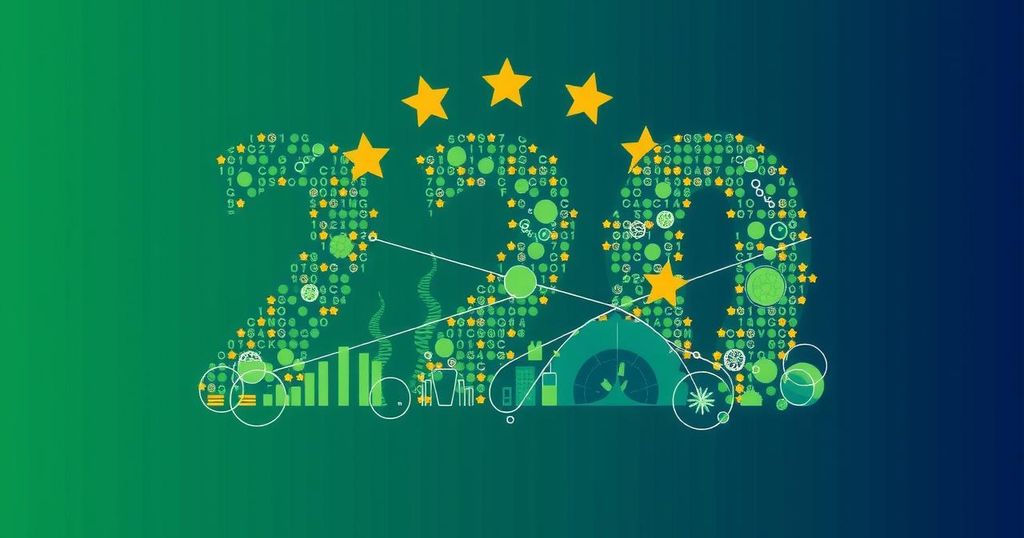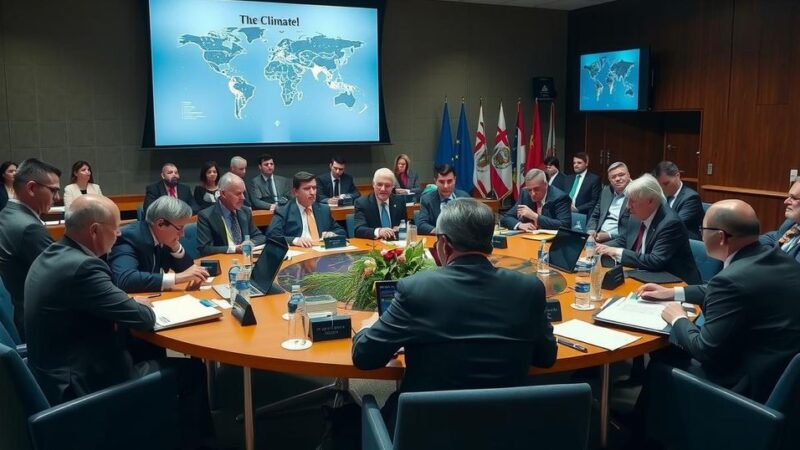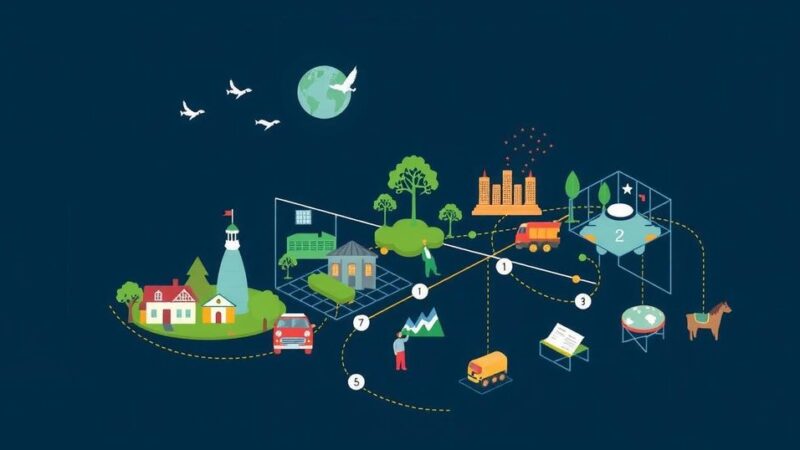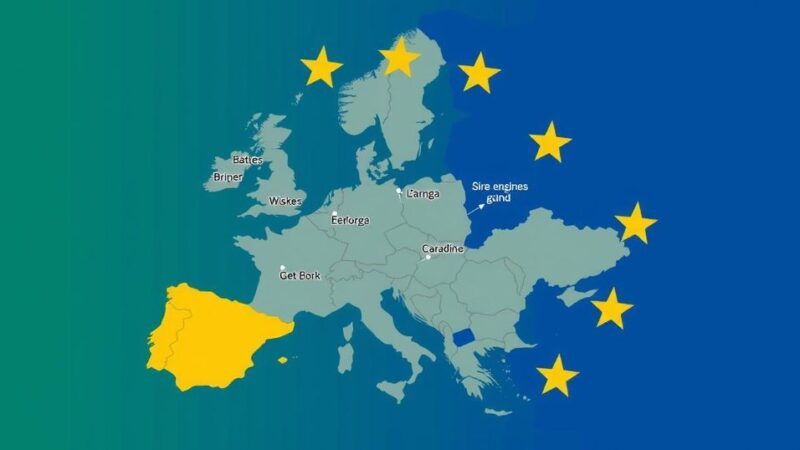The G20 has prioritized bioeconomy to unite development and sustainability amid escalating climate change effects. At the Bioeconomy Initiative’s meeting in September in Rio de Janeiro, ten voluntary principles were established. These aim to integrate indigenous knowledge, promote best practices, and create sustainable assessment methodologies. Despite being non-binding, the principles signify a commitment among G20 member states towards a sustainable and ecological economic model.
In the recent discussions at the G20, member countries focused on establishing guiding principles to integrate development with sustainability through nature-centric methodologies. This initiative, driven by Brazil’s G20 Presidency, underscores the urgent need to address climate change manifestations such as unprecedented temperatures, wildfires, and severe weather conditions affecting communities worldwide. The concept of bioeconomy emerged as a pivotal theme, aiming to harmonize economic growth with environmental conservation. Bioeconomy envisions an economy that prioritizes renewable biological resources over fossil fuels, fostering sustainable practices like recycling and the use of biodegradable materials in everyday life. The G20 Bioeconomy meeting, held in September in Rio de Janeiro, culminated in the articulation of “Ten voluntary and non-binding High-Level Principles on Bioeconomy.” These principles advocate for the inclusion of indigenous voices, the establishment of best practices among nations, and the creation of methodologies to assess sustainability comprehensively across various value chains. Although these principles lack binding authority, there was a consensus among members on their importance and applicability. Presently, bioeconomy contributes significantly to Brazil’s economy, accounting for approximately 25% of its Gross Domestic Product, as per data from the Getulio Vargas Foundation (FGV). Furthermore, Brazil has initiated efforts to develop a National Strategy for Bioeconomy aimed at outlining strategic guidelines and fostering actions such as bioindustrialization. The G20 discussions framed bioeconomy within three primary axes: advancing science, technology, and innovation; promoting sustainable biodiversity use; and enhancing the role of bioeconomy in sustainable development. Minister of Environment and Climate Change of Brazil, Marina Silva, highlighted the necessity for an integrated approach to bioeconomy, indicating that the responsibility should extend beyond environmental ministries to encompass various governmental sectors. She further noted the existing gap in international frameworks impeding a coordinated global response, which is vital for establishing a progressive ecological transition. Silva argued for governmental collaboration and standardized global parameters to realize a transformative development model centered around bioeconomy.
The G20 summit serves as a platform for the world’s leading economies to discuss critical global challenges. In this year’s assembly, climate change and sustainable development were at the forefront, particularly through the lens of bioeconomy. The concept of bioeconomy aims to leverage biological resources sustainably to balance economic advancement with ecological preservation. Given the alarming intensification of climate-related disasters, there is an urgent need for nations to devise actionable strategies. The emphasis on bioeconomy during the G20 aligns with wider international efforts to mitigate the impacts of climate change while fostering sustainable growth.
The G20’s commitment to bioeconomy represents a significant step towards reconciling economic growth with environmental stewardship. By promoting the integration of nature-based solutions and establishing principles for sustainability, member nations have acknowledged the critical need for a coordinated global approach. As countries like Brazil take the initiative to formulate national strategies, the principles agreed upon at the G20 can serve as a framework for broader international collaboration, ultimately contributing to a sustainable future. Moreover, individual actions, such as recycling and supporting biodegradable products, play a vital role in this collective effort.
Original Source: www.g20.org






